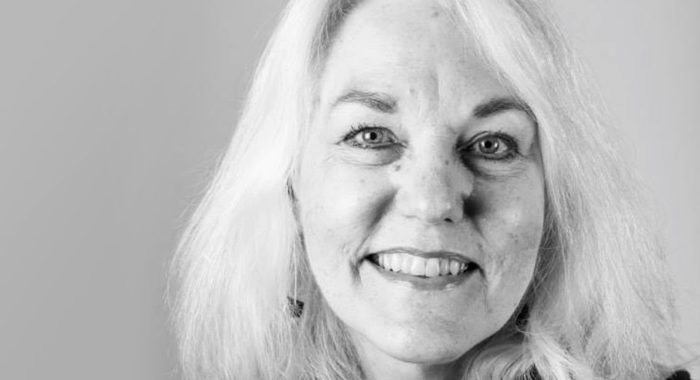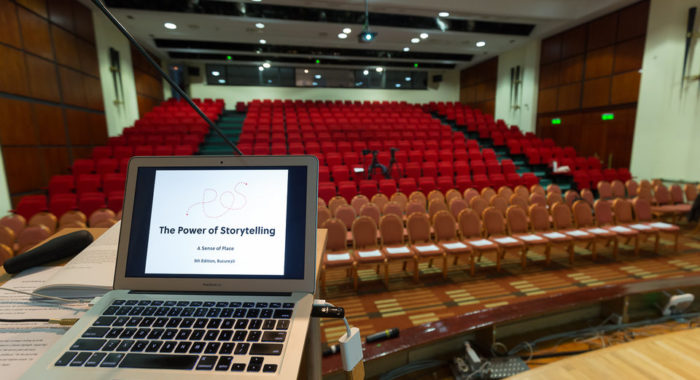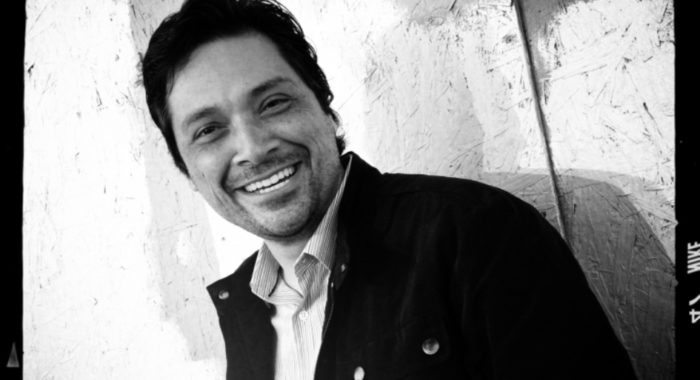Born in Romania, but brought up and having studied film in Germany, Alexander Nanau came back to his homeland to direct his last two documentaries, widely awarded in the past five years.
With ”The World According to Ion B.”, which he not only directed, but also filmed and produced, Nanau received the International Emmy Award for Arts Programming in 2010. The film tells the story of a 62 year-old homeless collage artist, discovered by chance by a gallery owner in the courtyard of some blocks of flats. From that moment on, Ion Bârlădeanu’s life changed and his work of the past 30 years – collages that tell stories of life under the Ceaușescu regime – became famous worldwide. Nanau was there to patiently film the management of the attention he suddenly received for the first time ever.
What he found interesting was the fact that Bârlădeanu’s story could talk about talent in a universal way. In the interviews he gave about the film, he said that almost anyone who, at some point in life was told he’s not good enough for what he would have wished for himself, could identify with the man’s story. Bârlădeanu also brought back memories of Nanau’s grandfather, a very crafty man who also had a difficult relation to his parents and ran away to escape.
For his latest documentary, ”Toto and His Sisters”, Nanau spent 14 months in a poor Roma community and told a story of struggle and survival.
At first, he was only interested in taking a look. But once he started to document the story, he was struck by the lives of kids living in very poor conditions, surrounded by drug addicts. In the end, he directed a documentary only from the younger ones’ perspective. He then also made the decision to completely disappear from the film, which remains purely observational, helped by the great access obtained.
As the director remains silent by not offering answers, what he wishes for is that viewers can take some time to ask themselves some questions, to have the character’s journey stuck in their minds for at least a few days and to think twice before judging. To look for the story behind.
Nanau thinks the most successful documentaries nowadays are the ones that change something in you, after you leave the cinema. These may become better than fiction, storytelling wise.
Here are some of Nanau’s ideas on his two famous documentary films, and on telling real stories through film:
”This work is not different from that of a director with real actors. Things happen through human relations. If you manage to establish a connection and trust, everything works by itself. It’s like in every relationship, the best partner is the one who brings you to the point where you don’t have to pretend, and you are just really yourself, and that’s my role as a film director — to build trust so that people can be themselves.”
”Documentary film making always brings a big responsibility with it, because you expose the life of others and they share it with you and they give you this trust that you will not misuse what you capture.”
”When I decided to do this film [”Toto and His Sisters”], I knew I would like to risk more in terms of not doing anything than, let’s say, a normal documentary is made like: Interviews, voiceover. I had this idea in mind of being highly focused shooting the life of these kids – a life of doing nothing, actually – and getting it formally into a shape that really communicates with the viewer without having the documentary in between. With normal docs you have the presence of the documentarian in between you as a viewer and the characters. Here, I really wanted to test the limits and become invisible for the viewer so you really interact with the characters.”
”I hope it is universal in the fact that it talks about a private story, but it is not only about a particular private life story. It stands for a lot of different stories and not only about stories of poor people that grow up miserable.”
Book your spot for the fifth edition of The Power of Storytelling to meet Alexander and hear him talk about his work.



